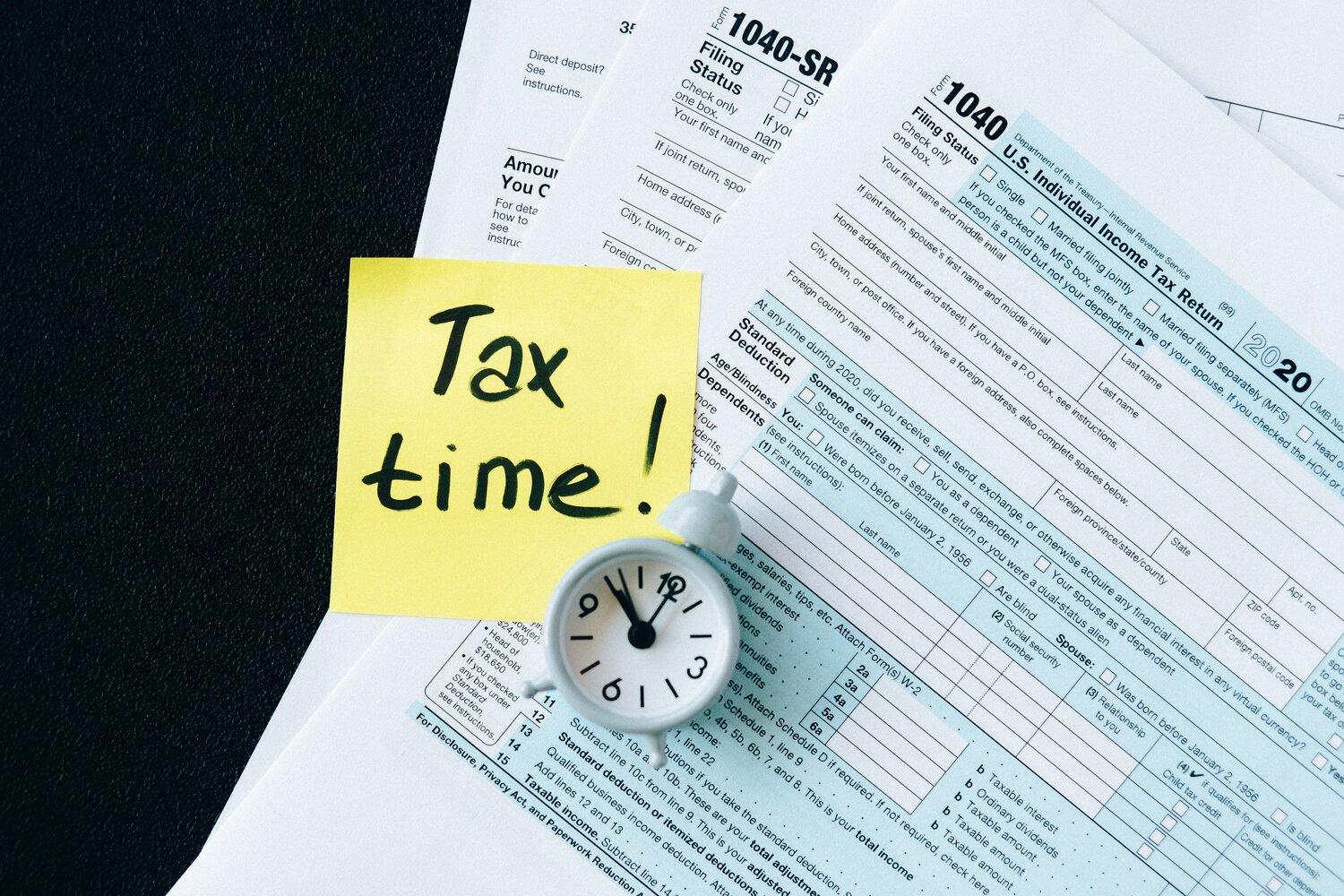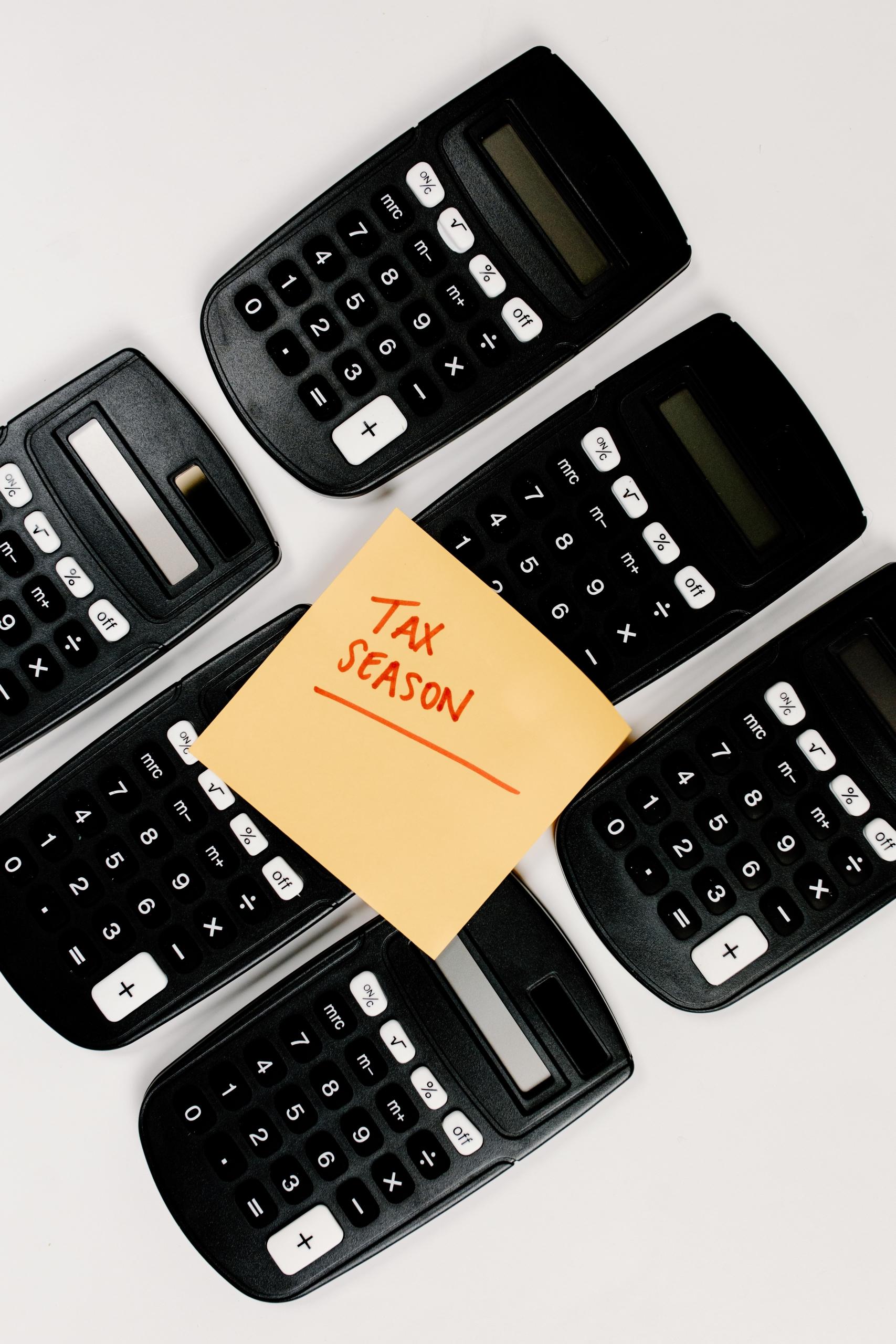Canada has a fast-growing economy, but its progress will only be possible with taxes; that is why tax lawyers are in high demand in the country. Therefore, tax law is an excellent choice for anyone studying law. If you want to become a tax lawyer in Canada or learn about the profession, this practical guide is just what you need to get started.

What Does a Tax Lawyer Do?
Every country has mandatory payments made by individuals and corporations to contribute to funding government activities; these payments are called taxes, and the laws that govern the tax process are called tax laws. However, these laws would not have been effectively implemented without the professionals who had studied and understood how the system works; these professionals are called tax lawyers.
Tax lawyers help organizations limit their exposure to tax liabilities and handle issues for clients facing different tax disputes. Therefore, the typical responsibilities of a tax lawyer are:
Would you like to learn everything about criminal law in Canada? Understand all the subfields of law with Superprof.

5 Benefits of Becoming a Tax Lawyer in Canada
Tax law is an excellent career path in Canada for many reasons, some of which are discussed below.
1. You Can Make a Difference
Tax systems and processes can sometimes be confusing, and many businesses and individuals will rely on professionals like you to help navigate the system. Therefore, if you become a tax lawyer, not only will you help people fulfill their duties to their country, but you will also be contributing significantly to the economic growth of the country.
2. There Are Plenty of Job Opportunities
Tax law may be just what you need if you are looking for a career with diverse job opportunities. A country will only do well with taxes; tax lawyers will always be needed to keep the system functioning. So, in Canada, many job opportunities are waiting for you if you can just take that step and become a qualified tax lawyer.
3. You Will Earn Good Money
Tax lawyers are among the highest-paid lawyers because they contribute directly to revenue generation for the country, and their roles in every industry cannot be overemphasized. Another good reason to become a tax lawyer in Canada is that you will earn a good salary, which mouth-watering bonuses can sometimes accompany.
According to Canada Talent, the average salary for a tax lawyer in Canada is $135,000 per year or $69.23 per hour. Tax lawyers can start earning $130,000 per year, while more experienced tax lawyers can earn up to $187,000 annually.
4. Excellent Specialization Options
Tax law may be a niche under law, but you can further specialize in various sub-fields to help you develop more expert and in-demand skills. The subfields of law in Canada under tax law include corporate tax, compliance, state and local tax, litigation, audits and appeals, etc.
5. You Will Enjoy More Stability
As a tax lawyer in Canada, one thing you can be sure of is stability; people pay taxes all year round, meaning your services will be required even in economic downtimes, so you will stay relevant all year round.

Types of Canadian Tax Law Professionals
You will find different types of tax professionals within Canadian tax law, as different tax problems require different expertise. If you are interested in becoming a tax lawyer in Canada, these tax professionals may focus on some areas of expertise, such as:

How to Become a Tax Lawyer in Canada
Becoming a tax lawyer in Canada requires specialized training in tax law. Therefore, this career path will involve obtaining a law degree, passing the bar exam, and, in some cases, gaining additional professional experience in tax law to keep you updated on the complexities of the Canadian tax system.
Getting the necessary undergraduate education is very vital if you desire to become a tax lawyer in Canada. Although there are no requirements for a specific degree, studying law is best suited for a tax law career; it will help you develop the skills and potential needed for law school and a successful tax law career.
Apart from law, you can choose a business, finance, economics, or accounting for your undergraduate studies. But first, ensure you get good grades because it will determine which law school you can enter in Canada.
After completing your undergraduate education and getting a bachelor's degree in your chosen field, the next step is to take the Law School Admission Test (LSAT), mandatory to get admitted to any law school in Canada. Once you pass this test, you can enroll in any accredited law school in Canada.
Although most law schools do not offer tax law specializations, you can still take various tax classes to help you understand the topic better.
Since the legal system in Canada differs from province to province, the path to obtaining a professional certification and licensing for the Canadian bar exam may vary according to where you live in Canada.
As a prospective candidate, we recommend contacting your provincial bar association or provincial regulatory body to register for the bar exam. Also, you can take preparatory courses or hire a tutor to prepare for the bar exam.
Finally, after you graduate from law school, you must pass the bar exam, which is usually a two—to three-day test, depending on your province. Once you have completed the Bar Admission Course and the supervised apprenticeship, you must sit for and pass the Bar Examination of the province where you are located.
Once you have passed your examination, you may be admitted to the bar in your province and practice law in all Canadian provinces and territories.

What is the Difference Between an Income Tax Lawyer and a CPA?
CPAs are licensed professional accountants who can maintain and audit financial records and prepare tax returns, while a tax lawyer is a professional with vast knowledge of tax law. The primary duties of a CPA include account bookkeeping, fulfilling tax obligations, tracking finances, filing tax returns, and auditing services. Unlike tax lawyers, CPAs have high financial expertise and can guide their clients on financial planning and all aspects of financial management.
On the other hand, the duties of a tax lawyer include providing taxation guidance, representing clients in lawsuits and IRS disputes, negotiating all tax-related problems, and so on. While the responsibilities of a CPA and an income tax lawyer may be similar in some ways, the difference is clear: They have separate areas of specialization and expertise. While CPAs are finance experts, tax lawyers are experts in tax laws.
Did you know other subfields of law? Read about how to become a commercial lawyer in Canada and the primary responsibilities of these law professionals.
Where can I find tax law classes near me?
When planning to become a lawyer, many people get the misconception that studying law is challenging with many difficult exams. But this is far from being true. Tax law can be complex when you need the proper guidance and study resources to tackle it. That is why it is recommended that you learn everything that law involves with Superprof, the best tutoring platform in Canada.
Superprof can connect you with a tax lawyer tutor who understands your needs and challenges to ensure studying law is as exciting as possible.
Superprof private tutoring offers flexible online courses that you can take from the comfort of your home or while engaged in other learning activities, or you can opt for face-to-face law instruction. Our private law tutors use the best teaching methods and resources; you can customize your learning schedule according to your preferences. Whether you need help with tax law, understanding Canadian family law, or any other law field, we can help.
Whenever people find themselves stressed out and frustrated by all the processes and considerations involved in the world of taxes, they will only think of a tax lawyer, and you can be that professional! Tax law is fascinating; it is one law subfield that can give you the true satisfaction of contributing to our society. So, if you are passionate about tax law, do not hesitate to chase your dreams and let Superprof guide you.
Are you interested in learning more about how to become a business law professional in Canada?

Summarize with AI:















